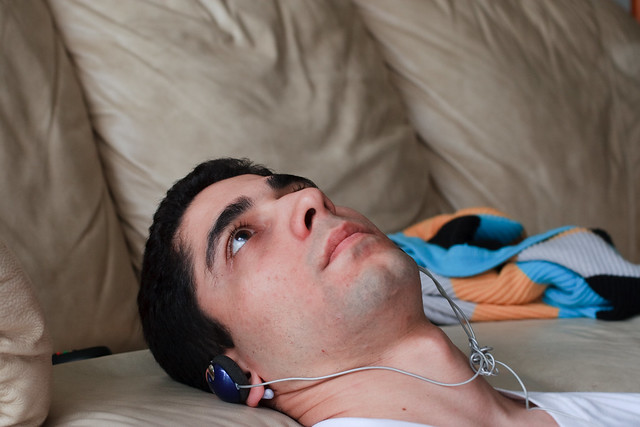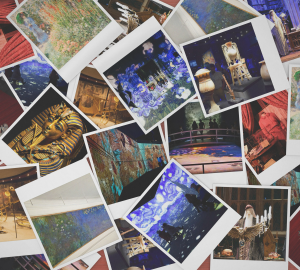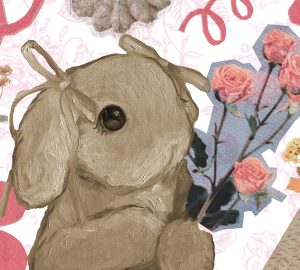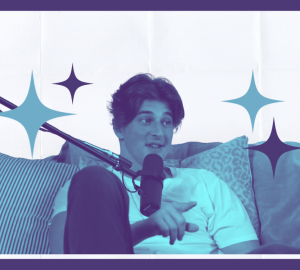I guess we’re all podcasters now, but for how long?
No one could have predicted that America’s chosen past time though quarantine would be podcasting. Considering how before the pandemic, it was one of the most obscure art forms of the past two decades.
Humble Beginnings
Podcasts first got their start in 2004 after a series of technological advancements made the software and setup for podcasting more accessible. As previously mentioned, podcasting is a newer media and has only recently grown in popularity. Closer to the early 2010s however, a few notable players started to pop up. These were the three brothers of “My Brother, My Brother, and Me,” the crew behind “Welcome to Night Vale” and the beginnings of “Adam Ruins Everything.” This trio was huge on Tumblr. Eccentric men who spoke in funny ways were a linchpin on the website. Gradually, podcasts grew in popularity on social media, and people shared and discussed their episodes. So, it seemed inevitable that the podcast would eventually gain a wider audience.
The Rise
That being said, none of these shows were as big as the top podcasts today. Podcasts in this time were more of a novelty you learned from Twitter. And if you weren’t, you likely didn’t know about those podcasts. It wasn’t until the latter half of the 2010s that things picked up. This was the time of shows like “Call Her Daddy”, “You’re Wrong About” and “My Favorite Murder.”
There’s definitely going to be a true crime podcast about these two in the next 5 years #theultimatiumnetflix #theultimatum pic.twitter.com/H1cnoJJXgd
— SONASTYSORUDE (@jesus_juggs) April 14, 2022
And that’s not to mention the absolute mammoth that is the reality television stars and influencers who start their podcasts. Or the millions of independent podcasts being started every day. The podcast format has even impacted other media. For example, YouTube creators are switching to setups where they are simply filming themselves at a table with a big mic in the frame. This kind of setup would not have been so easily received a decade ago.
The Ghost of Podcast’s Future
It’s not hard to see how podcasting would skyrocket during a mandated lockdown. Podcasts are easy to set up if you have the equipment and they’re simple enough that it’s not hard to get started. This also means there’s lots of room for innovations and ways to diversify how one goes about each individual project. But should we expect to see a lot more podcasts after the lockdown? Well, yes and no.

Spotify and Apple Music have both done an excellent job in propelling podcasts forward as well. Accessibility has always opened the flood gates for artistic mediums to become more popular. So, it isn’t surprising that being able to turn something on with two taps on your phone would catch on quickly. Podcasts also have the added bonus of being able to entertain and educate while playing in the background through our daily lives. They aren’t crafted to take your full attention like a book or movie, so we shouldn’t see them dying out of popularity anytime soon.
But it seems as though everyone has started their own podcast. It’s like the early 2010s when everyone started a blog. It’s just new media. But like with blogs, the masses will eventually fizzle out and only the strong will remain.
So, it’s hard to feel like podcasts will maintain their popularity. But honestly, that might not be a bad thing. Because there are a lot of bad podcasts out there, from poorly made to problematic topics. However, hopefully, this means that the quality shows will be the ones that last.






















